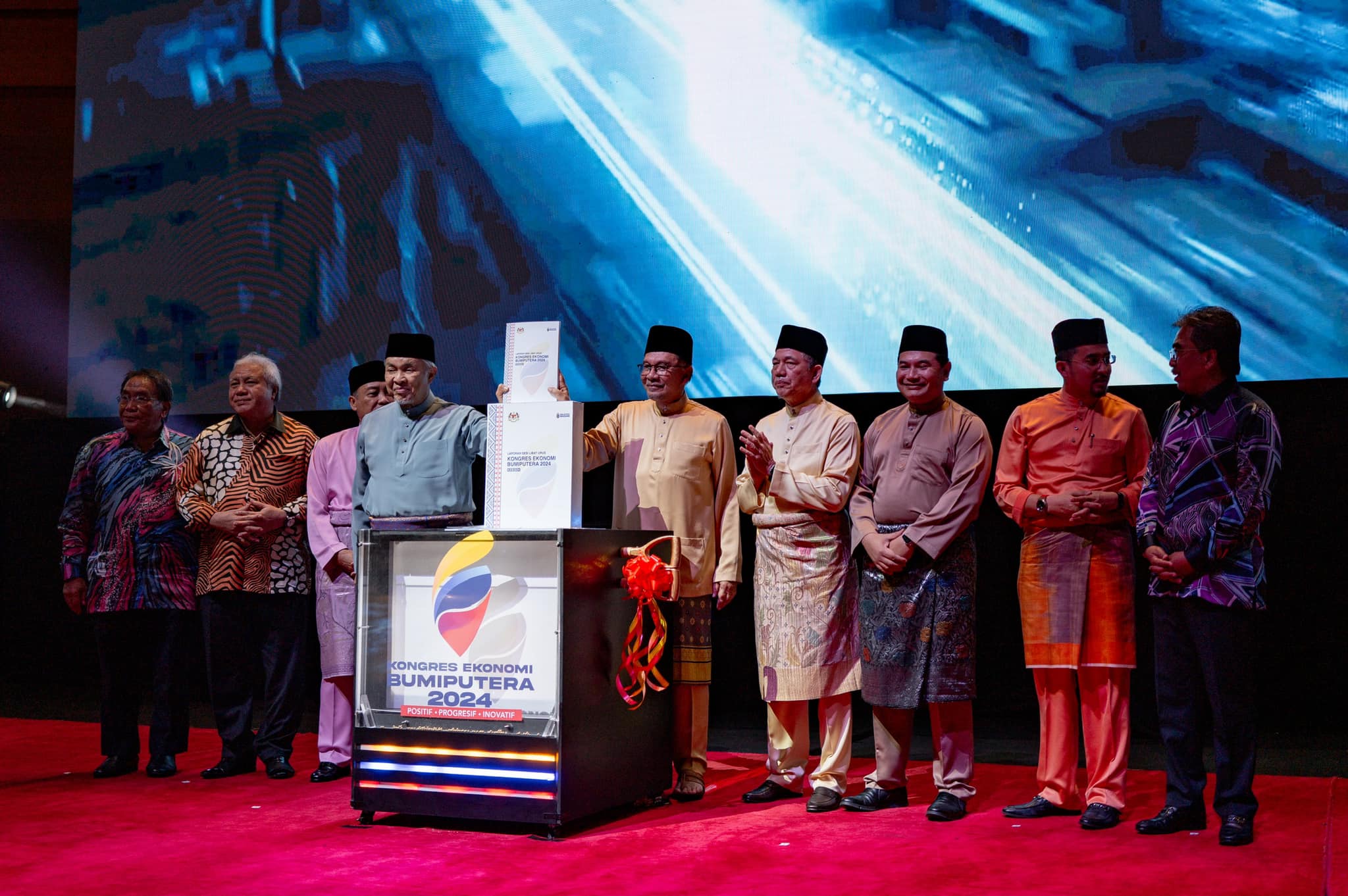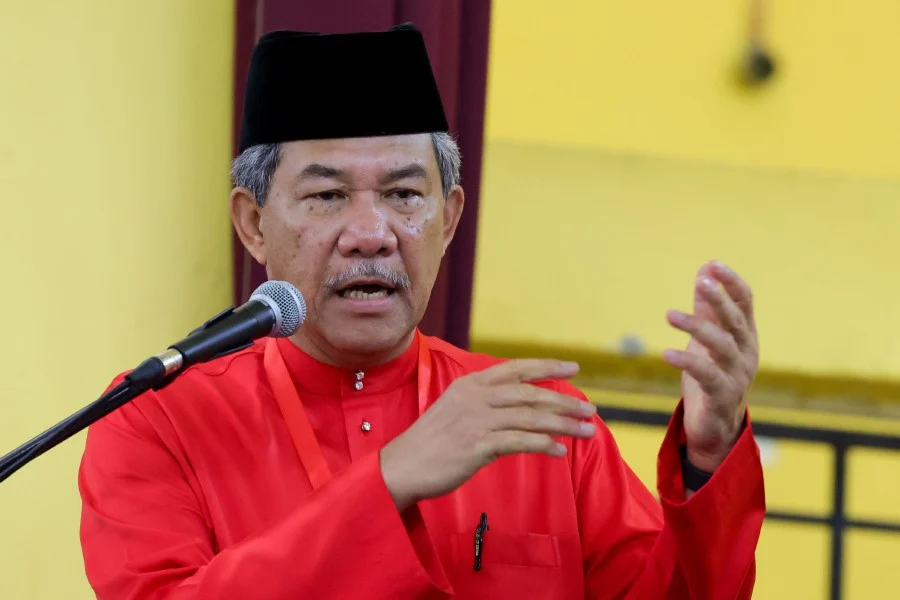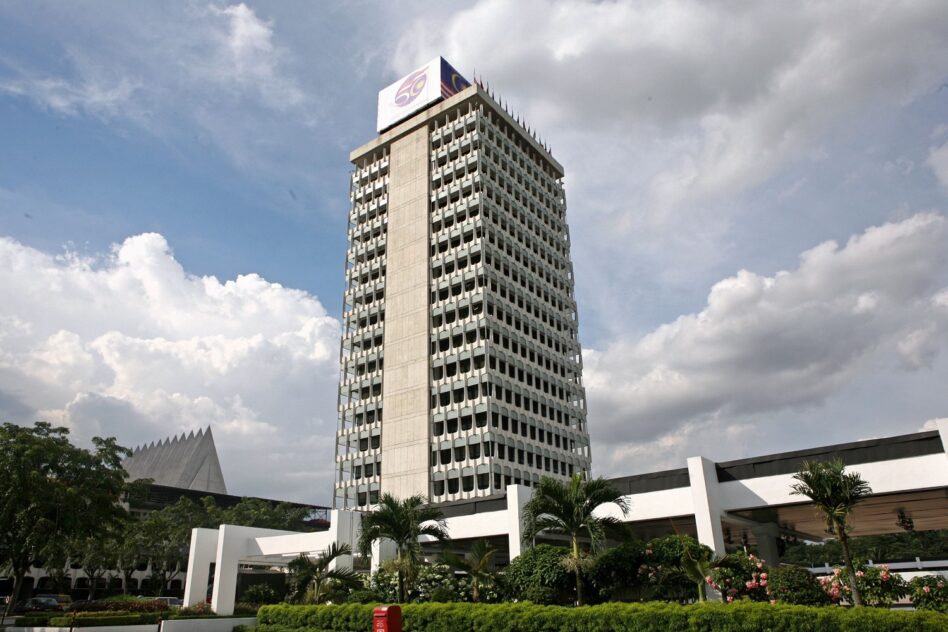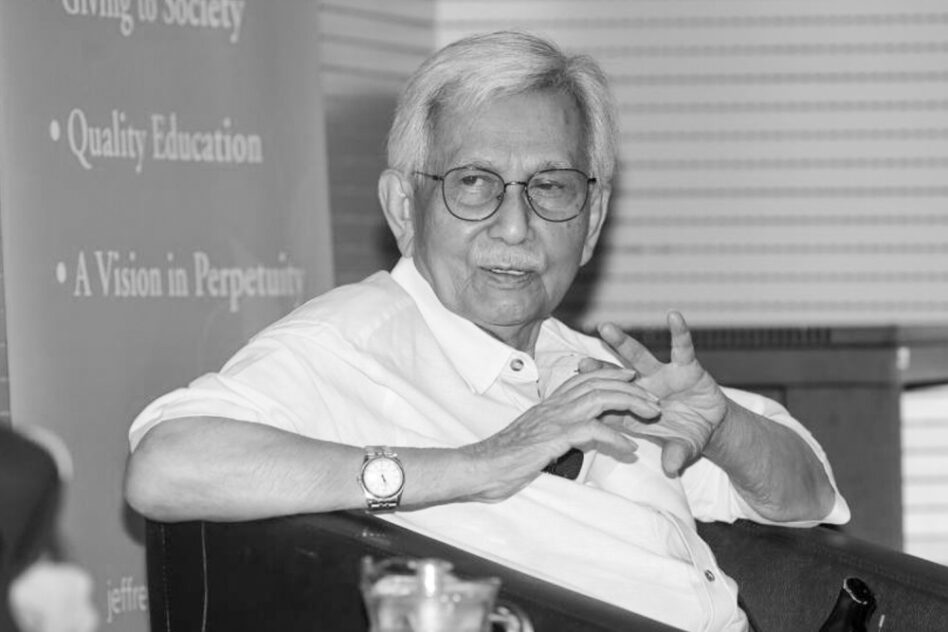THE seventh Bumiputera Economic Congress 2024 (BEC) which was recently held might have been different from the past events.
The racial rhetoric of Bumiputera versus the non-Bumiputra, the preoccupation with the New Economic Policy’s goal of 30% equity and the anti-non-Malay rhetoric was largely missing.
UMNO being in the government and its amicable relationship with the non-Malay component parties such as the DAP might have forbidden the party and its leaders from staying away from the usual pro-Malay racial rhetoric.
In more implicit sense, the failure of economic policies in favour of the Bumiputera community could explain why BEC 2024 was conducted in a sober and rational manner.
Anwar’s critical approach to overtly pro-Malay policies when he was in the opposition was not something forgotten easily by the participants.
Anwar might have become much more pro-Malay for reasons of political expediency and survival but the fact that he was critical of the pro-Malay policies especially in relation to equity acquisition is something not easily forgotten.
The ethnic temperature might have been down in the BEC but then no new or novel ideas surfaced to take the Bumiputra community to the next level in their development trajectory.
Those who presented their papers were still caught in the straight jacket of the past inter-ethnic discourse of Malays versus non-Malays.
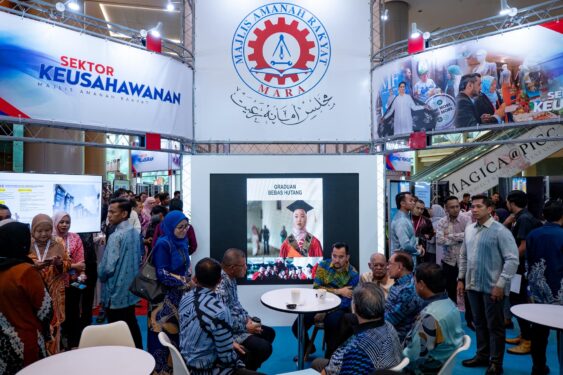
RM1 bil financial aid
The presence of non-Malay business and commercial representatives at BEC 2024 was a significant departure from the past events. However, no concrete suggestions emanated from the congress as to how both the communities could undertake future cooperation and not engage in conflicts.
One non-Malay minister went to the extent of saying that the Malay and non-Malay business interests should examine ways to compete with foreign companies.
Following the BEC, Anwar announced a RM1 bil allocation to assist the Bumiputra business community. It was a both a political and practical decision.
As it is, the government lacks the crucial Malay support. UMNO given its politically tainted role is not expected to shore up Malay support in the foreseeable future.
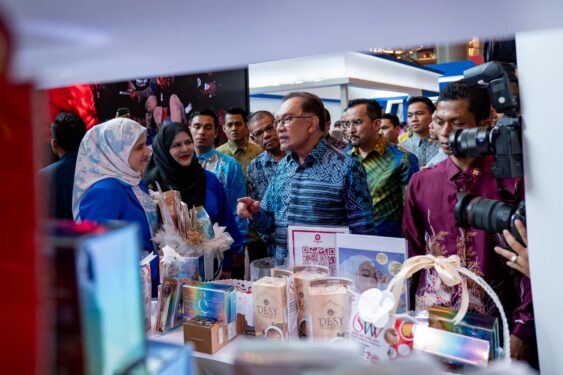
Without the financial allocation, it would be difficult for the government to address the lack of Malay support. This illustrates among other things that the financial dependence of the Malays cannot be revoked that easily.
Recall that rather than creating an independent capitalist class, the New Economic Policy (NEP) ended up by creating rentier class among the Malays. In other words, a class that is depended on the state for its economic survival.
This is crux of the problem in ascertaining why the Malays have not been able to reduce their dependence on the government fundings, favours and special rights. Whether Anwar likes it or not, the government is caught in a Catch-22 situation whereby even if it wants to reduce the financial allocations to the Malays, it is unable to do so.
It is not so much about financial allocations but whether the government is serious about creating an independent class of Malay entrepreneurs and businessmen.
Unfortunately, however well-intentioned was the recent BEC 2024, it failed to bring forth ideas about the long-term solutions of creating and sustaining an independent and vigorous Malay capitalist class. – March 4, 2024
Former DAP stalwart and Penang chief minister II Prof Ramasamy Palanisamy is chairman of the Urimai (United Rights of Malaysian Party) Interim Council.
The views expressed are solely of the author and do not necessarily reflect those of Focus Malaysia.
Main image credit: Datuk Seri Anwar Ibrahim’s Facebook


